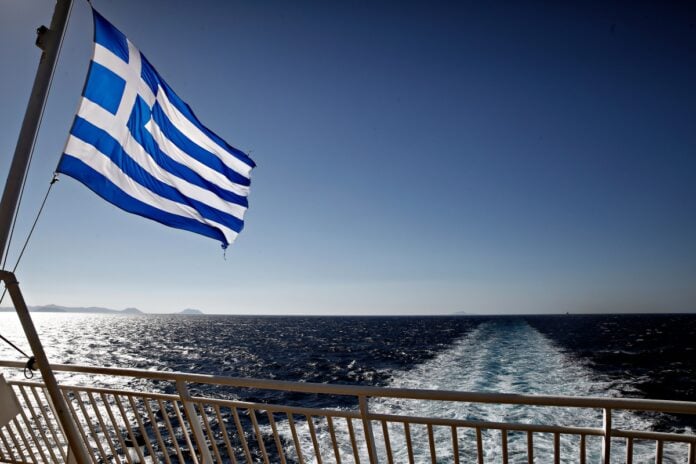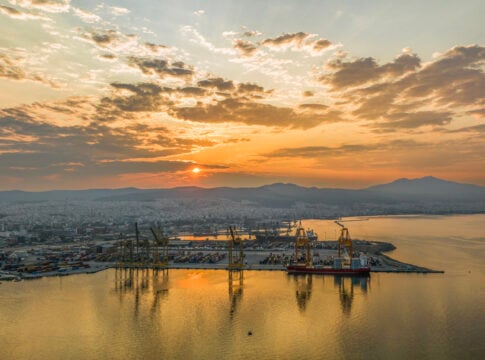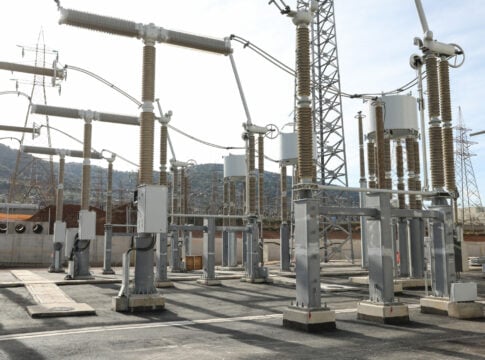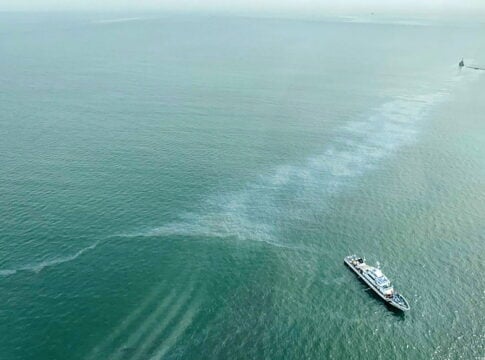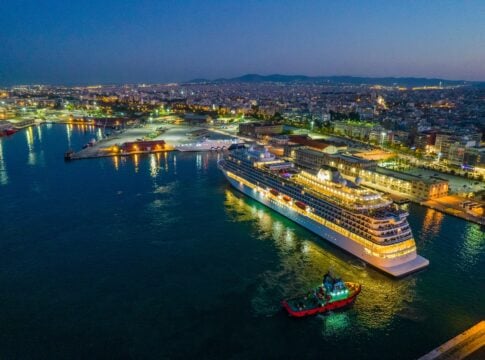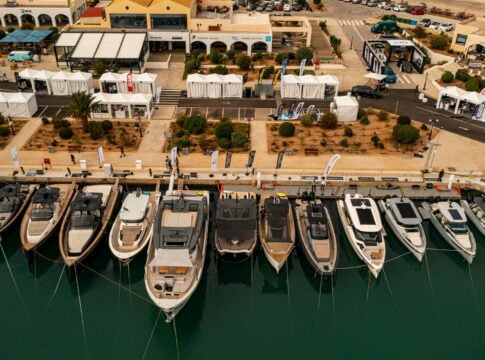The Greek maritime cluster “Maritime Hellas” is raising the digital level and is proceeding with a “scale up” of the services it will offer to its members in the near future, Vassilis Korkidis, President of the Piraeus Chamber of Commerce and Industry, said.
In general, business clusters can prove to be extremely important for the sector and the national economy. I deliberately used the plural because at the Defence Exhibition Athens another cluster emerged, which concerns the construction of ships for our Navy. I believe that it is time, therefore, to move from the “verba volant” about clusters to practice, in order to highlight and reap the benefits that these clusters provide as businesses and the economy, as we have already accepted that maritime clusters can prove to be extremely important for the sector and the national economy.
I have argued and continue to argue that it would be wiser to create opportunities rather than chase them or exploit those that are on the horizon. We must move from theory to practice, in order to maximize the potential of the clusters as they are recorded, utilizing an outward-looking policy in conjunction with the launch of those necessary reforms to free ourselves from the brakes of the past that have cost us so much.
Geopolitical developments have awakened the European Union, which has resulted in talking about the revitalization of European shipyards and the strengthening of their competitiveness, but also about European defense, a large part of which concerns all types of warships that must be produced or even modernized in the context of the development of the defense equipment of the EU member states.
It is a fortunate coincidence that in Piraeus, which is among the strongest shipping centers, the “heart” of the largest Greek shipping industry beats. The Greek-owned fleet represents 20% of the world’s tonnage and a large part of it is managed by Greece. Our shipping industry, especially in the current context of historic changes in terms of regulatory framework, fuel, geopolitical instability and the shift in global trade, can benefit from the successful operation of a dynamic shipping cluster, which currently numbers more than 234 members and is organized through seven categories.
We all know that shipping is a purely extroverted international activity and Greek shipping is one of the main productive pillars of the Greek economy, with its direct and indirect contribution ranging from 6.5% to 8% of GDP. The strengthening of the competitiveness and extroversion of shipping companies is done through investments in technologies and upgrading services. Shipping innovation is a capital-intensive and knowledge-intensive sector, where we must make every effort to improve the level of knowledge of the workforce that is active in the entire spectrum of shipping activities on land and at sea, on new technologies, related to the shipping effort, and not only, in the field of green transition. And here the role of the cluster is decisive.
I also spoke about an emerging cluster of synergies, which was “revealed” with the establishment of the Association of Hellenic Shipyards, where, among others, the shipyards of the Gulf of Elefsis, Perama and Chalkida must make a dynamic “presence” by showcasing their capabilities to build warships, but also to build passenger ships, mega yachts or repair commercial ships of all types. It is, therefore, obvious that we must see the surplus values, but also the importance of the geopolitical position of our country, by building units on behalf of the Navy, given that around the shipyards, a special cluster will develop, which will include companies that build systems for warships, startups, even university institutions and research centers. Companies, some of which also have a presence in the global market.
We should also look at the numbers and the truth they present. The Elefsis Shipyards, as well as the Skaramangas Shipyards, seem to have recorded significant increases in their turnover in the last two years. A total of 14 regions in the country have licenses to carry out shipbuilding and repair work, including Salamis, Chalkida, Syros, Lavrio, Thessaloniki, Heraklion and Volos. In 2024, 32,000 licenses to carry out shipbuilding and repair work were issued through the electronic platform of the Ministry of Shipping “e-DLA” throughout Greece, while in 2023, 24,000 licenses were issued.
At the same time, manufacturing, technology and service businesses around shipping operated, new jobs were opened, synergies and collaborations were realized and all of this translated into an activity that was highly export-oriented, highly dynamic and of particular importance for the country’s extroverted position in the international economic and political arena. Our shipbuilding industry must develop autonomously with a special general secretariat, because it creates surplus value, provides added value and through the clusters collaborates with at least 850 Greek shipping support businesses. Therefore, we must support the Greek shipping cluster, utilize it and not discuss it.


